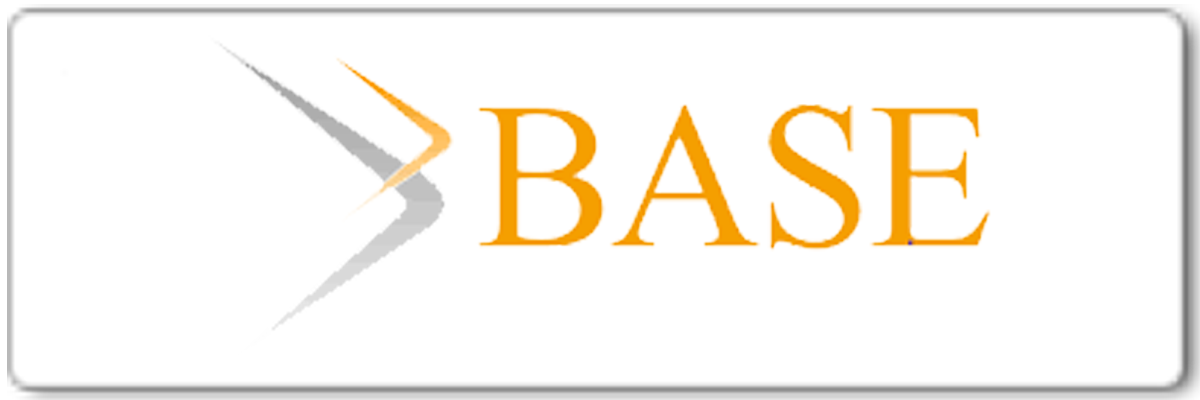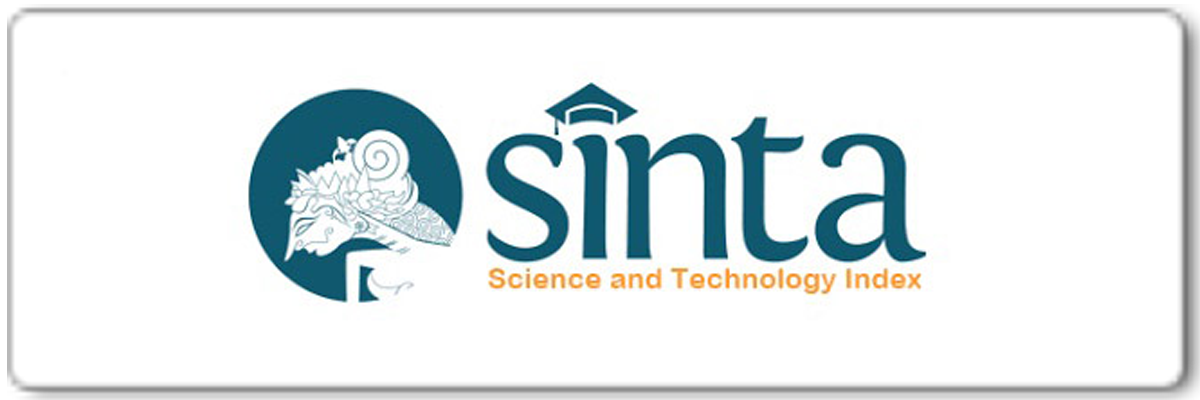The use of satellite tv to improve students’ english mastery at nu Sunan Giri University
Abstract
Technology is developing fast nowadays. All fields of life have implemented sophisticated technology, including agriculture, food processing, the automotive industry, and even entertainment. Technological competition actually has positive and negative impacts such as unemployment, cold war between countries, and terrorism. To follow news of the development of a country is actually very easy. The news can be seen on the web, social media and TV. One of the easiest is TV. To be able to follow the development of other countries through TV, can be seen through foreign TV channels. Some of the famous ones are NHK, Channel News Asia, France24, DW, Aljazeera, and Russia Today. This study aims to determine the process of teaching English using satellite TV and whether the use of satellite TV media can improve the students’ English mastery. This study uses a Class Research (CAR) approach. The implementation model in this study uses four steps: identifying problems and planning actions; implementing actions and observing or monitoring actions; reflection of the results of observations; and revise plans for the next step. This research uses 2 cycles in the learning process. The subjects of this study were third semester students of the English Education Study Program at NU University, Sunan Giri Bojonegoro in the academic year of 2019/2020. This research was carried out in the room U8 of NU University, Sunan Giri Bojonegoro. The results of this study are: In the pre-test, the number of students who passed a total of 6 students (17.14%) with an average score of 63.71. In the first cycle, the number of students who passed was 19 students (54.28%) with an average score of 73. In the second cycle, the number of students who passed was 33 students (94.28%) with an average score of 78.43. Based on the average score of the pre-test, cycle I, and cycle II it can be concluded that the use of satellite TV can improve the students’ English mastery at NU Sunan Giri University.
Keywords
Full Text:
PDFReferences
Azhar Arsyad. 2006. Media Pembelajaran. Jakarta: PT Raja Grafindo Persada.
Jakni. 2017. Penelitian Tindakan Kelas. Bandung: Alfabeta.
K-Vision. http://www.k-vision.tv/a/dapatkan-puluhan-channel-terbaru-termasuk-tv-lokal-tv-internasional-
gratis-selamanya. Diakses 22 Agustus 2018
Narmadi, Umbul. 2016. Mengintip Canggihnya Sistem TV Satelit. (https://blog.narmadi.com/tv-satelit/
diakses 22 Agustus 2018)
Richard, Jack C. & Rodgers, Theodore. 2001. Approaches and Methods in Language Teaching. Cambridge:
Cambridge University Press.
Sardiman. 1996. Interaksi dan Motivasi Belajar Mengajar. Jakarta: Raja Grafindo Persada.
Stern, H. H. 1996. Fundamental Concept of Language Teaching. New York: Oxford University Press.
Sukiman. (2012). Pengembangan Media Pembelajaran. Yogyakarta: PT Pustaka Insan Madani.
Suranto. (2005). Komunikasi Perkantoran. Yogyakarta: Wahana Grafika.
Sutirman. (2013). Media dan Model-Model Pembelajaran Inovatif. Yogyakarta: Graha Ilmu.
Article Metrics
Abstract has been read : 576 timesPDF file viewed/downloaded: 0 times
DOI: http://doi.org/10.25273/etj.v7i2.5437
Refbacks
- There are currently no refbacks.
Copyright (c) 2019 English Teaching Journal : A Journal of English Literature, Language and Education
English Teaching Journal: A Journal of English Literature, Language and Education indexed by:
This work is licensed under a Creative Commons Attribution-NonCommercial-ShareAlike 4.0 International License.







